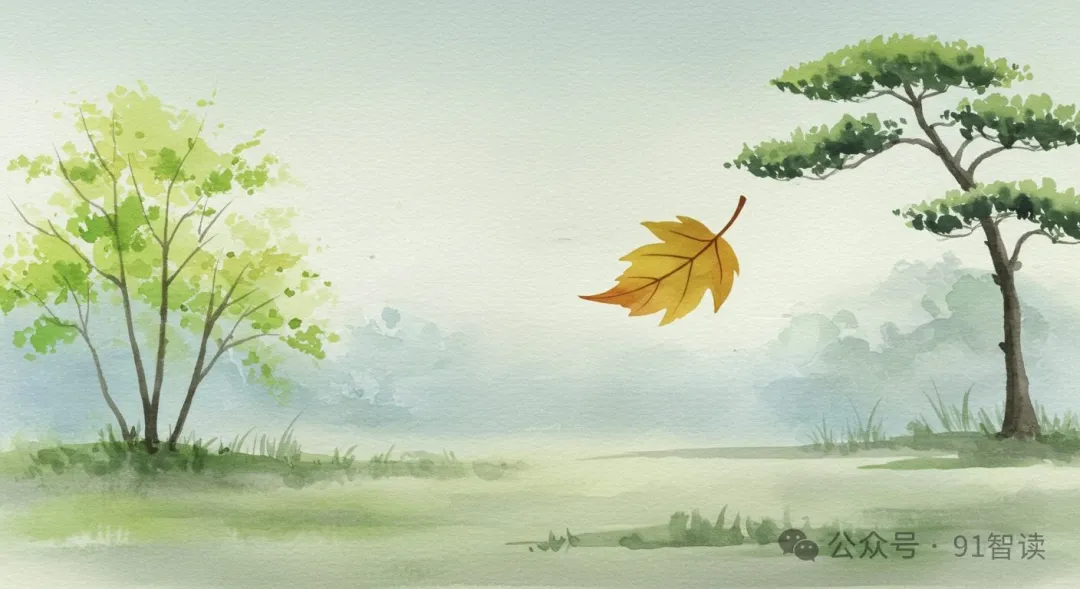Old Customs and New Thoughts on Qingming Tomb-Sweeping

Qingming Festival has arrived again. This year is different from previous years as the three of us brothers went together to visit the graves of our late grandparents. Actually, grave-visiting is just tomb-sweeping; in our area, we’re used to calling it “grave-visiting.”
Times have changed, and villagers have moved from old single-story houses into modern residential complexes. Similarly, the resting places of our ancestors have also been adjusted, now unified in a narrow strip of land at the northern edge of the residential area, south of the airport’s northern expressway.
The cemetery isn’t far. We three walked there together, discussing many traditional customs along the way.
Three Who Should Visit, Three Who Shouldn’t
We talked most about who should and shouldn’t visit graves during Qingming Festival.
Those who must visit - “The Three Who Should”:
- Eldest sons and grandsons: Representing family lineage, presiding over sacrificial rites, symbolizing the continuation of family heritage.
- Those with career achievements: Accomplishments that bring honor to ancestors need to be reported, such as promotions or admission to prestigious schools.
- Those who return from afar: People who have been away for extended periods should return to fulfill filial duties and avoid being seen as “forgetting their roots.”
Those who shouldn’t visit - “The Three Who Shouldn’t”:
- Pregnant women: Movement is difficult, and old sayings claim graveyards have heavy yin energy, making them unsuitable places to visit.
- People over 70 or those seriously ill: There’s a saying, “70-year-olds don’t visit graves, 80-year-olds don’t worship ancestors.” Elderly people with mobility issues or emotional fluctuations might worsen their conditions.
- Children under 8: They have weak immunity, are susceptible to cold, and people generally believe young children “lack sufficient yang energy.”
These customs vary from place to place. Some regions say sons-in-law shouldn’t visit graves, while others insist that families with new members must visit. I believe these customs have their reasons, but we shouldn’t be too rigid about them. If you have time and the conditions are right, go if you want to.
It’s not just Qingming; the fifteenth day of the seventh lunar month (Ghost Festival), the fifteenth day of the first lunar month, and the first day of the tenth lunar month all have sacrificial traditions. These occasions allow the living to express their wishes and remember the details of relationships with departed loved ones.
The Grave-Visiting Process
Once at the cemetery, there’s a set procedure for grave visiting. After a year of exposure to wind and sun, the earthen mounds grow weeds and sometimes lose their shape. First, we move aside the “grave stones,” use a shovel to pile fresh soil on top, letting it roll down naturally, preferably covering the old soil. Then we pat it into shape with the shovel, place a stack of paper money on the grave, and secure it with stones. Seeing the fresh soil and paper money, others will know that descendants have visited, indicating a prosperous family.
Next, we clean the tombstone with clear water or a damp cloth.
Then comes “sending money” to our relatives. First, we draw a circle in front of the grave, making sure to leave an opening to the west—after death, souls return to the west, and the western opening facilitates their arrival. Then we place some scattered “money” outside the circle, typically to the left and right of the grave mound. We send off these scattered “money” first, while reciting, “This money is for you all. Please don’t take the money we’ll give to our grandparents later; this is specifically for you.” Then we “send money” to our grandparents, telling them that everything at home is fine. Previously, our parents’ generation would recite these words; now it’s our turn as brothers, giving us a sense of carrying on tradition.
After sending the money, we don’t leave immediately. Since we’ve come, we stay a while longer, chatting about childhood memories, sharing recent news, as if they’re still listening.
Peace of Mind in Old Rituals
In sum, going through this process, we not only complete the memorial for our grandparents but also seem to establish a spiritual connection with them. After tomb-sweeping, we head home with memories of our ancestors and aspirations for the future. The continuation of traditional customs in modern society is not only the inheritance of family heritage but also a spiritual sustenance. It allows us to pause in our busy modern lives, not forget our roots, remember our family origins, and thereby draw more courage and strength to face the secular world.
👇Scan the QR code with WeChat to follow “91WiseRead” for daily updates and growth together.

👇Welcome to add me as a WeChat friend to discuss growth stories together.
